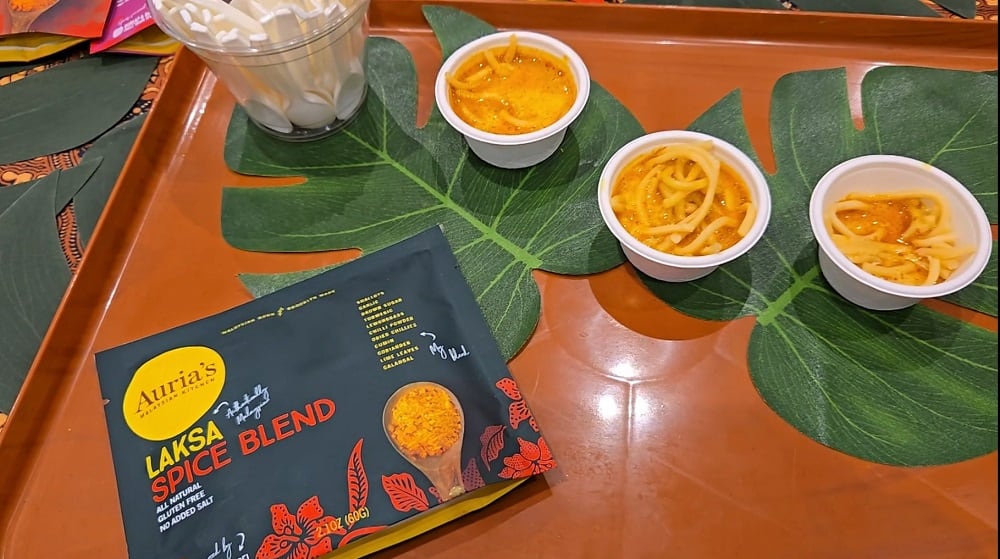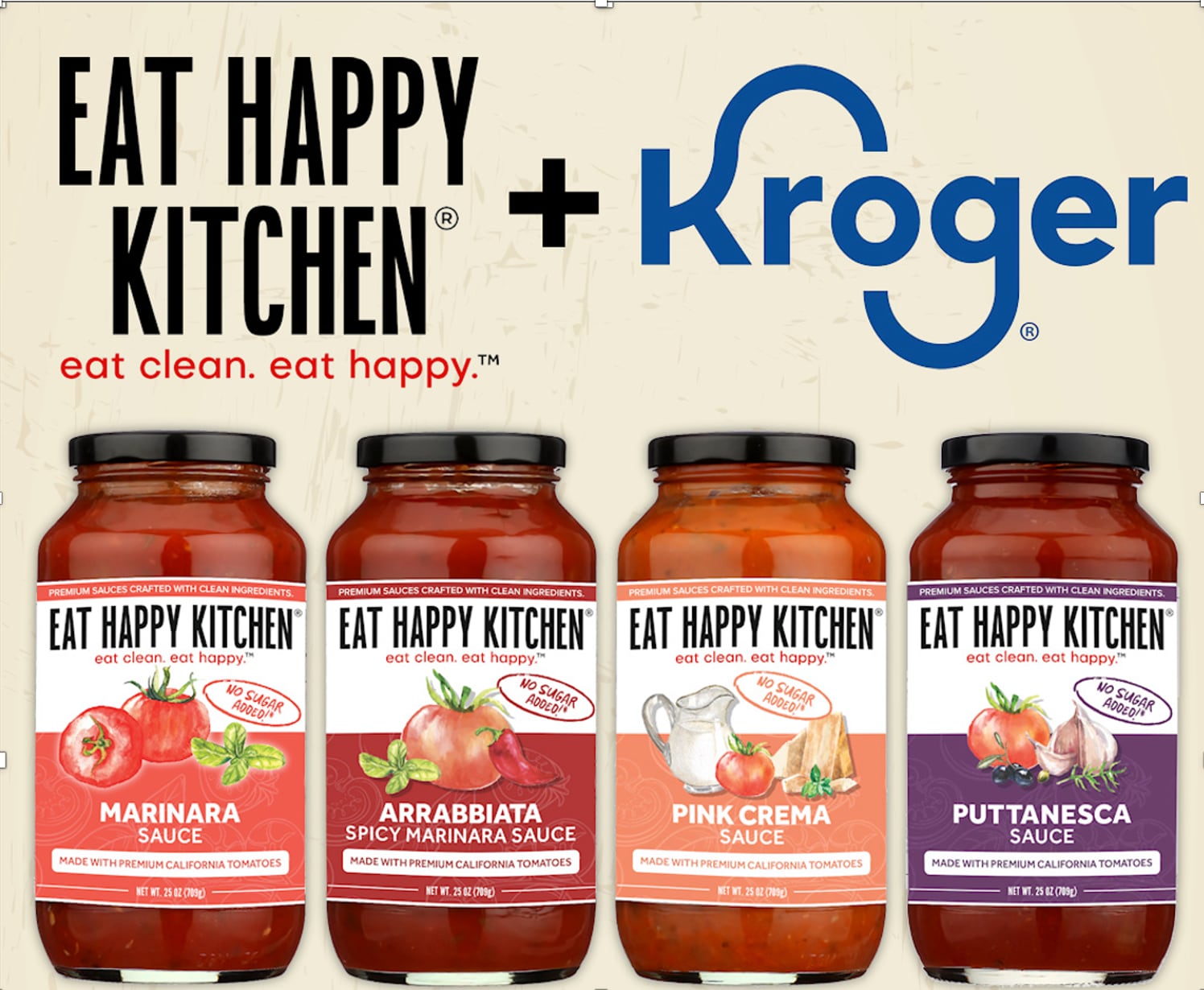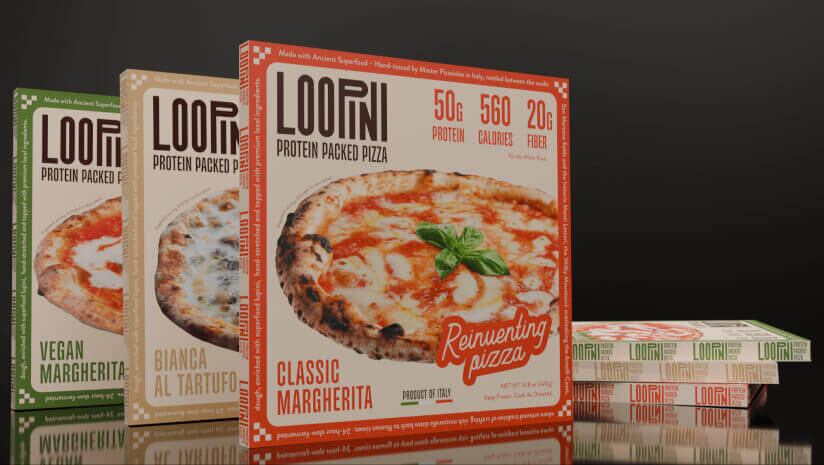While many brands view private label as a copy-cat competitor that steals market share and squeezes category margins by playing with lower price points, startup Mamame Whole Foods sees it as a tool to outsource consumer education about the superfood base in its functional chips, about which few Americans know.
“We are innovating on a super food from Indonesia that is tempeh. It is very little known,” in the US, “but it is like a cousin of tofu. It is fermented beans packed with protein and fiber,” but it is not portable and can be “a little bit scary for people” who are unfamiliar with how to prepare it, said Mamame CEO Liz Kang.
She explained at the Summer Fancy Food Show that Mamame, which launched in Indonesia in 2023, put its own spin on tempeh by using black eyed peas as the base, rather than the more traditional soy, to make high-protein, high-fiber and allergen-friendly chips.
“It is such a powerhouse ingredient” that “in one bag of tempeh chips, there are two eggs and four apples worth of protein and fiber,” making it a “comprehensive meal,” Kang said.
She adds it does not taste as nutritious as it is – rather she says it tastes like a craveable salty snack, which is available in four flavors: Rosemary, Sea Salt, Original and Hot Chili
While the chips check many of the nutritional boxes modern US shoppers want – including free from seed oils – Kang acknowledges that convincing consumers to try chips made from an unfamiliar main ingredient is a heavy lift.
Private label boosts category visibility
One way the startup is building awareness of its chips, and tempeh more broadly, is by proactively producing a private label version of its product to encourage trial through trusted retail banners at a lower price point.
“As a US consumer, if you see a private label product with a banner that you really trust then your awareness and your idea of the product is going to be integrated into your mind,” and you will be more likely to try it, she said.
“This is going to be a really exciting moment for us to piggyback off of that awareness and the growth we are going to see in the market, she said, adding she hopes “that the education levels will rise along with interest towards our product.”
By producing private label versions of its tempeh chips, Mamame also will be able to “get the ball rolling in terms of cash flow and working capital” that can be reinvested into the business, Kang said.
$2m in seed funding supports facility build-out
To further support the brand’s growth, and in optimistic preparation for an uptick in US demand, the Indonesia-based startup recently raised $2 million in seed funding to scale production.
The fundraise was led by Granite Asia, and the money will help the startup build a production facility in Indonesia and bring on its first production line.
“The space is big enough to house three production lines, so we are hoping to scale little by little over the course of the next two to three years. But by October of this year, our new plant is going to be completed with one production line, which will service our private label deals” and name-brand production, Kang said.
A new look helps the brand stand out from private label
Earlier this year, the company also overhauled its branding to better communicate its value proposition and standout on shelf alongside its private label counterparts.
“As we find our footing in our key markets, like the US, we wanted the brand to be front and center,” Kang said.
This involved swapping the image of a bean from the logo to a caricature face that better represents the brand’s connection to Kang’s mom’s recipe on which the chips are based, and making the brand name larger.
Kang explained: “We really wanted to showcase that we are the creator behind tempeh chips.”



